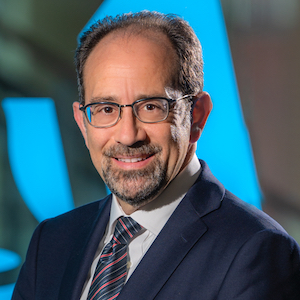
Marc Austin: How do Universities Define “Online Learning”?
As universities braced for COVID-19 in Spring 2020, everything went “online.” Faculty quickly pivoted to remote teaching with various degrees of success. As we recover from the pandemic, campuses confront the remnants of one of the largest experiments in distance learning ever experienced. And as such, a long-standing challenge re-emerges more prominently today – how do we now define online learning?
In a recent study, I decided to attempt to understand How Universities Define ‘Online Learning’? and the challenges that inconsistencies in those definitions pose to decision-making. What are we measuring? How can be sure that our departmental, institutional, or national data is accurate, if our definitions are not consistent?
But the absence of a clear definition, raises challenges well beyond the administrative that are fundamental to our mission. Without clear definitions: How will faculty know what type of course they are expected to teach? What can a student expect when they register for an online course? Do they have to come to campus, sometimes, never? Will they meet their professors? Can they work from their phone (and how)? Will they be able to complete their full degree around busy work schedules while fully remote? Is Starbucks in fact a viable learning venue?
Starbucks aside, any of these expectations gone astray can lead to poor educational outcomes.
This session will present an overview of my investigation and begins a discussion around these questions, to foster a dialogue and collaboration about the various tools we have at our disposal to inform our decisions about how to define “online.”
Marc T. Austin, Associate Provost and Dean of Augusta University Online.
LinkedIn Twitter ProfileTracks: Online Admin/Leadership, Online Student Support, Online Instructional Designers, Online Faculty
DAY 3: March 10, 2023
10:00AM – 11:00AM

